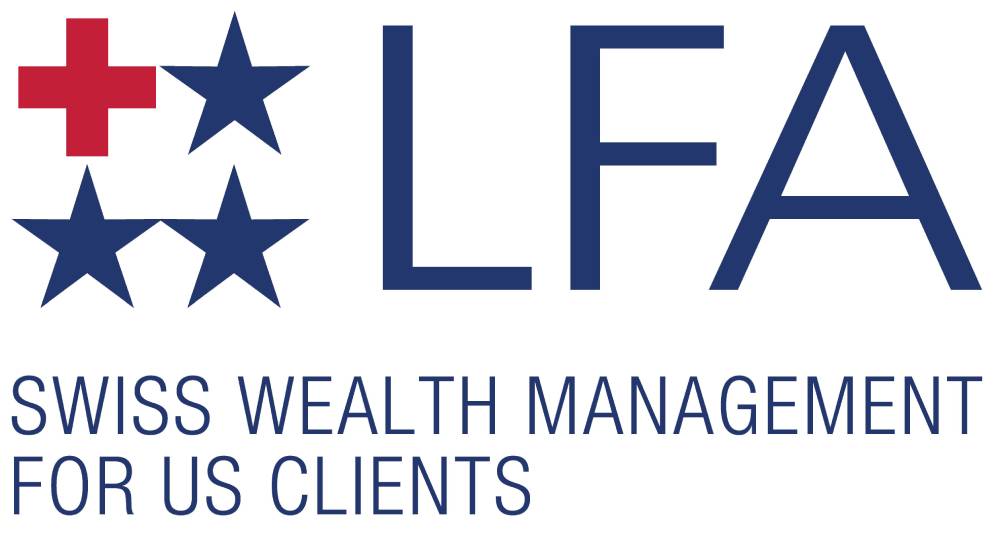Your current portfolio may be domestic, international, or global. This geographical distinction may be based on where companies are headquartered or where companies derive most of their earnings. For example, a U.S.-based company may derive most of its earnings from outside the U.S. And, a European-based company may derive most of its earnings from inside the U.S.
If you want to invest in the best companies in the world, then your preferred type of portfolio would be global (U.S. and non U.S.). Given this blurry distinction, how are you better off investing your assets in the global securities markets, and are there any risks you should be aware of?
This article will cover the following global investment topics:
- How do you invest in foreign securities in the U.S. markets?
- Is it prudent to have all of my investments in U.S. dollars?
- What are the rewards when you invest outside the U.S. markets?
- What are the risks when you invest outside the U.S. markets?
- How does currency impact the performance of your assets?
- Why consider working with a Swiss money management firm?
How do you invest in foreign securities in the U.S. markets?
One frequently used strategy is to invest in foreign securities and keep the money in the U.S. by investing in ADRs (American Depository Receipts). An ADR is a share of a foreign company stock that is issued by a U.S. bank and trades on a U.S. exchange. ADRs should not be confused with GDRs (Global Depository Receipts) that trade on multiple exchanges around the world – not including the U.S. securities markets.
ADR dividends and interest are paid in U.S. dollars. Any dividends are paid after currency conversion expenses and foreign taxes are deducted. So, you have invested in companies that are headquartered outside the U.S. but the investments are still denominated in dollars.
Other alternatives for a more global portfolio are to invest in foreign companies with a Swiss money manager or through a foreign exchange and company (the broker /dealer). In this case, your portfolio is not denominated in dollars.
Why invest outside the U.S. securities markets?
We live in a global economy. We may drive a German car, wear a Swiss watch, carry an American iPhone, and eat at our favorite French-owned restaurant. Suffice it to say the best companies are not limited to one country and the borders that define countries continue to decline in their importance.
Globalized investment management makes it possible to invest in the best public companies regardless of where they are headquartered and where they derive most of their earnings.
This in turn makes it possible to maximize the diversification of your assets in ways that will reduce your risk. Taken a step further this diversification could take place in the U.S. with domestic stocks and ADRs. Or you could invest outside the U.S. in a country with a stable currency, government, and banking system.
You enhance your diversification when you invest in domestic and foreign securities and the foreign stocks and bonds are denominated in Swiss francs. For example, LFA is a wealth management firm based in Switzerland that is registered in the U.S. to work with American investors. LFA can provide access to global securities markets investing with Swiss francs, along with the well-known privacy of Swiss banks.
The Swiss franc has a long history of being a stable currency in the global economy. Switzerland has traditionally experienced financial and political stability which has made it an attractive avenue for foreign investments.
Prudent American investors have diversified their portfolios for decades by moving part of their assets outside the country to avoid the volatility that currently describes the U.S. securities markets (recession, inflation, and a national debt that exceeds $31 trillion). They choose the stability of the Swiss marketplace and the Swiss franc.
What are the biggest risks when you invest outside the U.S. markets?
What happens when the dollar gets stronger in relationship to another currency – for example, the Euro? It takes more Euros to buy the same number of dollars. This makes U.S products and services more expensive and therefore less attractive as investments in the global securities markets.
This change in the exchange rate can have the same impact on the performance of foreign stocks. For example, as the dollar gets stronger and international companies’ products get cheaper, this in turn could have a positive impact on the performance of international stocks.
Another potential concern is some countries have more political risk than other countries. For example, many of their policies are borderline socialism, which has a negative impact on the revenue growth and profitability of public companies. There is also the possibility that the policies of some countries can negatively impact the liquidity of companies that are headquartered in that country.
Another word of caution for some countries. They have created capital controls that limit the withdrawals of foreign investors during times of crisis. These controls can limit your liquidity when you invest in those countries and companies. One role for the team of professionals at LFA is the management of these investment risks.
Almost any investment sold for a profit outside of a tax-advantaged account will incur some level of taxation. International stocks are no different. However, they do introduce a few more moving parts, most of which stem from taxes you may owe in the country of origin for the company that issued the stock.
For example, the country where the company is headquartered may retain part of your dividends as a local tax. And, some may even charge a capital gains tax, similar to the U.S.
And when you file your income taxes, you may receive a foreign tax credit or deduction for those foreign taxes that have already been paid.
As with all of your investments, be sure to talk to a registered, local tax professional who can advise about the tax policies and consequences in various countries.
How does currency impact the performance of your investments?

There is an inverse relationship between the performance of company stocks and the valuation of the underlying currency of the country where the company is headquartered.
For example, when a country has a strengthening currency, foreign investors will have lower returns when they convert the foreign currency back to the U.S. currency. Conversely, a country with a weakening currency will increase the performance of the U.S. dollar, so there is an opportunity for enhanced returns.
This is the definition of diversification that is managed by a Swiss wealth management firm like LFA.
If the U.S. dollar weakens, international investors can hedge against that risk. If the U.S. dollar strengthens against other currencies, the performance of the American investor’s international stock holdings could be reduced.
Why consider working with a Swiss money manager?
There are many reasons to consider working with a Swiss money manager. For starters, wealth management in Switzerland is highly regulated, which helps to protect your investments.
Swiss money managers are known for their wealth management expertise and experience. They can help you make the most of your investment opportunities and minimize your risks. If you’re looking for professional and reliable wealth management in Switzerland, working with a Swiss money manager is a great option to consider.
Conclusion
More sophisticated investors prefer global portfolios that include a hedge for their currency risk. American investors are currently at risk due to high inflation, a current or pending recession, and a national debt that exceeds $30 trillion. Rising interest rates will make this massive debt more expensive to service. Contact us today to learn more.


